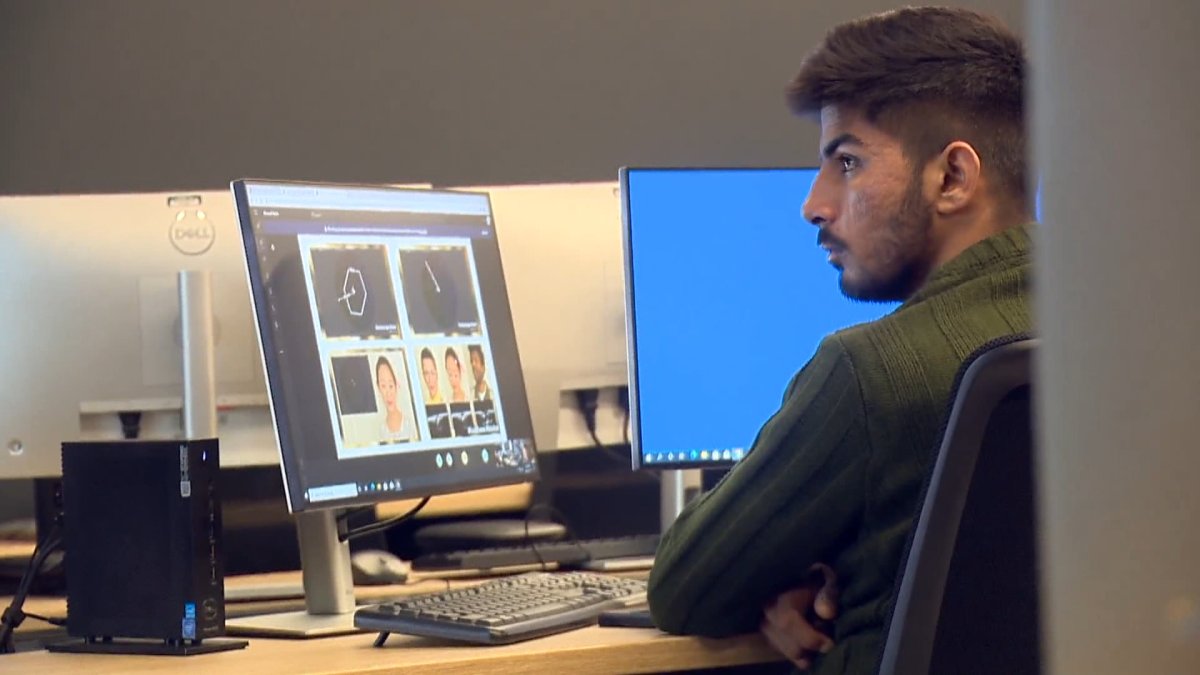
The Alberta government is sweetening the pot for more film and television productions to come to the province.
Tuesday afternoon, Minister of Jobs, Economy and Innovation Doug Schweitzer announced the film and television tax credit was expanding.
This fiscal year, up to $70 million in tax credits will be handed out to eligible productions. That amount will increase by $5 million for the next two years, totalling $225 million in a three-year period.
Schweitzer noted the province has hosted many high-profile productions, including Ghostbusters, Fraggle Rock and HBO’s The Last of Us.
“I had to be quiet about this one because I actually got to go visit the set and I couldn’t tell anybody about it because of the confidentiality around it, but the most recent movie in the Predator series called Prey was filmed right here in Alberta – the trailer just dropped this week.”
In January 2020, the Alberta Film and Television Tax Credit replaced the screen-based production grant. And in March 2021, the per-production cap was eliminated.

Under the tax credit, companies looking to produce on-screen content in Alberta could apply for a 22 or 30 per cent credit.
In just over two years’ time, 62 productions were pre-approved for $144 million in tax credits.
“We want this to become a $1 billion a year industry in the province of Alberta. I think we can get there with a lot of hard work and the talent development that’s going to be key,” Schweitzer said, adding the industry is nearly at capacity in Alberta right now.
Damian Petti, president of IATSE Local 212, said there has been “massive growth” in the film and television industry locally.
“There has been over 30 per cent growth in terms of the talent that joined the industry in the last year,” he said.
“In the foreseeable future, we can see 18 months down the road that we will continue to be busy. So something’s going very right and there are opportunities now for us to further expand on what we already have.”

Tuesday’s announcement was made in front of Bow Valley College’s centre of entertainment arts, one of a number of post-secondary institutions providing training for the screen entertainment industry.
“We believe that the horsepower is right here in Alberta and we can help develop that talent to service the needs that industry is looking for, including in this growing sector,” Michael Crowe, Bow Valley’s VP of academics, said.
“There’s a shortage of talent right now across the sector. And so I think more training providers that are trying to fill that talent gap makes sense, especially given the growth that we’re seeing in the sector right now.”
The announcement comes on the same day Netflix announced layoffs of 150 people, or about two per cent of its workforce, mostly in the United States.
The job cuts come as Netflix reported its first loss of subscribers in more than a decade and forecast deeper losses in the coming quarter. It said the war in Ukraine and fierce competition contributed to the loss of customers.
As a result of its declining growth, Netflix said it would introduce a cheaper, ad-supported tier and look more closely at its spending.
A spokesperson for the ministry of Jobs, Economy and Innovation said the province is monitoring the situation with Netflix, saying productions for many streaming services were currently filming in the province.
They added the tax credit program is built with flexibility for the industry in mind, including continuous intake, pre-production approval and nearly four years to complete production and necessary post-production paperwork.
–with files from Reuters






Comments